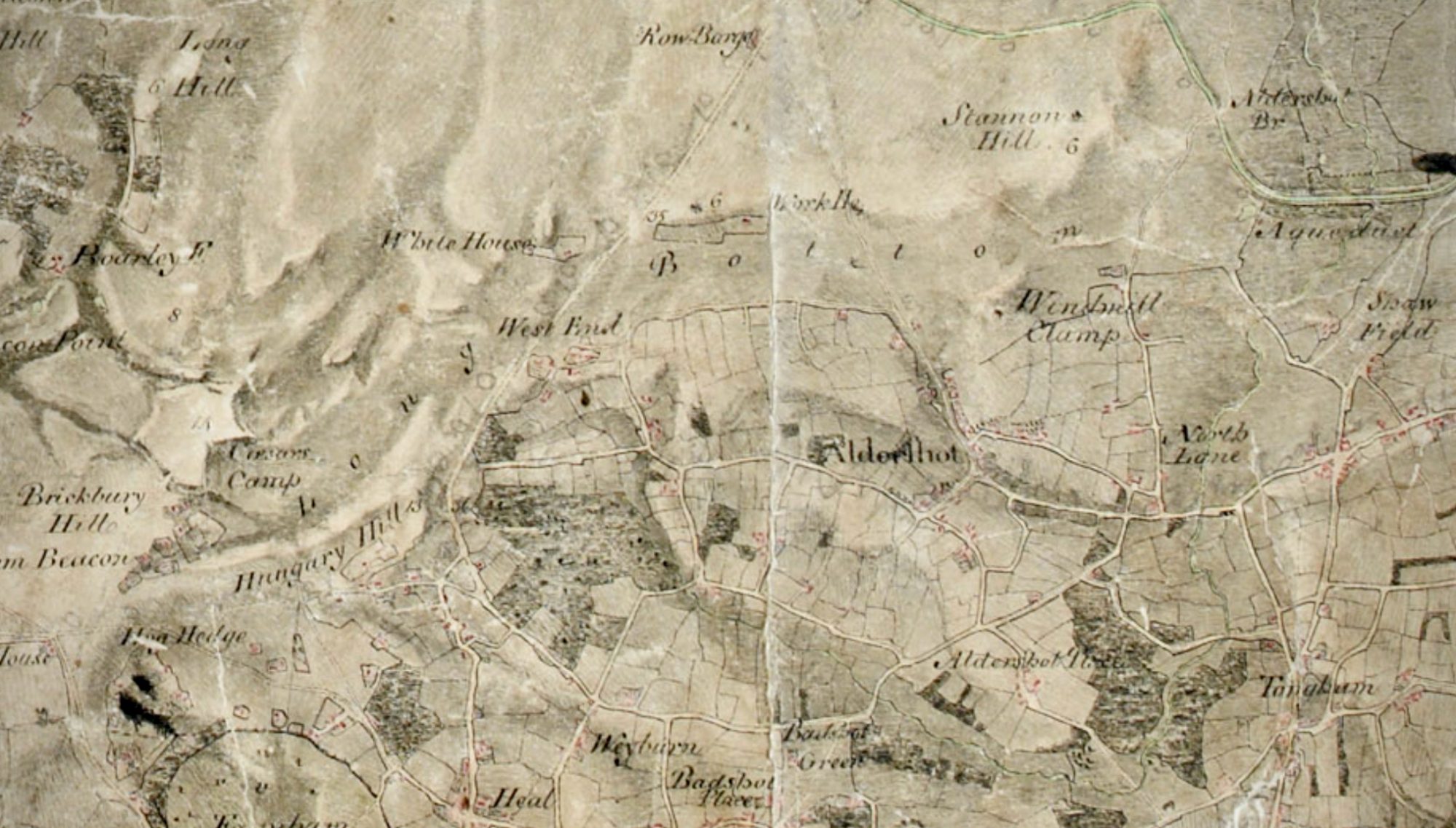James Dennett was very much a rural man, expected to do well for a parish community dependent upon agriculture. In 1841 he had been aged 10 in his father’s household in a cottage located at Baileys Hard. This formed part of the estate of Bovery Farm, a former grange farm for the Cistercian monks of Beaulieu Abbey. After the Dissolution its gatehouse survived to be reworked as Beaulieu Palace House. Its refectory became the parish church which came within the purview of the Very Reverend William Wilson as rural dean.
William Wilson had been in post at Holy Rood since 1824. Queen’s College, Oxford owned extensive land and property in this prosperous city of Southampton, including the advowson for the parish of Holy Rood. Reverend Wilson had graduated and held a fellowship at Queen’s, later occupying the post of dean and bursar. When he was awarded his doctorate in divinity in 1824, he was also gifted the living at Holy Rood.
Shortly after becoming Bishop of Winchester, Charles Sumner had appointed Reverend Wilson in 1828 as the Rural Dean of Southampton. A familial connection was forged, Wilson marrying Bishop Sumner’s sister Mary in 1830, their son named Sumner Wilson. Bishop Sumner then made Wilson a Canon at the Cathedral in 1832, according address as the Very Reverend Wilson.
-
- Despite this sense of such patronage as mere nepotism, Wilson earned good reputation for his work for the poor, including a clothing club and a prototype of a YMCA, and for organising lectures and evening classes; he was a noted evangelical preacher making Holy Rood the centre of evangelism in Southampton.
- The 1851 Census of Religious Worship recorded that his church had a seating capacity of 974, with 462 attending morning service and 405 in the evening.
At some stage after 1841, young James had been identified by Willson as having potential. His journey to serve in Willson’s household in Southampton was not overly arduous. It was a five mile walk from Beufre Farm via Beaulieu to the ferry point at Hythe; once across the River Test, it was less than ten minutes walk to the Holy Rood Church.
By 1851, James Dennett was recorded by the Census as a servant in the household of the Rev. William Wilson, Vicar of Holy Rhood, in Southampton. He would later to train for the ministry in Winchester, to be ordained by Bishop Sumner.
-
- Bishop Sumner had established a Diocesan Training School on St Swithun Street in 1840. This was a move towards a professional clergy, part of a drive towards more general reform of the institutions, to favour merit over privilege, a movement which would later include that of the military. However, within the Church, this was in part also a response to the growth in demand for clergy to ‘cure souls’, especially in the towns and cities, due to the increase in the population and the delayed implementation of the 1838 Pluralities Act which restricted incumbent clergy to hold a maximum of two livings no more than ten miles apart.
- The earlier system of patronage enabled the ordained clergy from the landed classes to be in receipt of many stipends from more than one parish or ecclesiastical position and to then pay another clergyman to fulfil the required duties, at a lesser income and without tenure of employment.
- There needed to be a new source of recruits for the ministry, leading to vacancy-driven social mobility. Whether this was always upward social mobility is moot, but it clearly was for James Dennett.
James Dennett’s appointment as curate for Aldershot might have reflected the insight that Wilson and Bishop Sumner shared toward class society. Young Dennett was a rural man fit for a rural parish, to paraphrase a remark made by Bishop Sumner in another context about his choice for schoolteachers.
